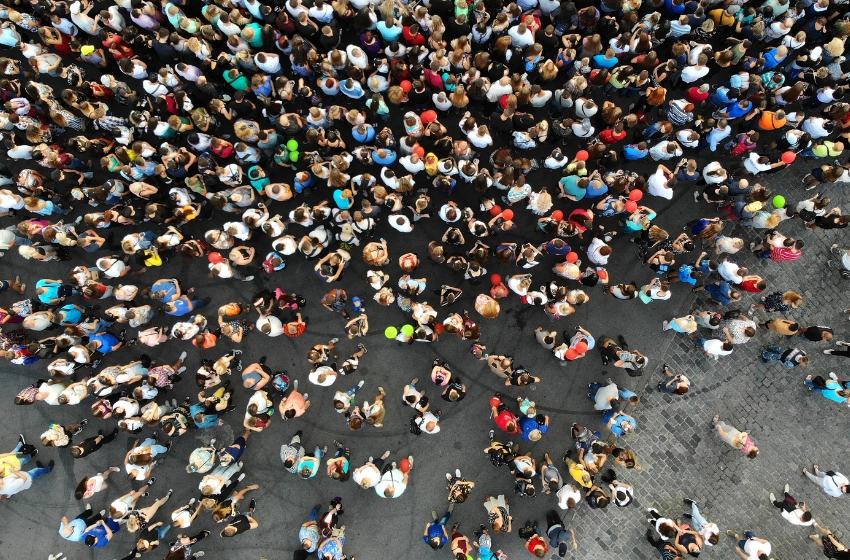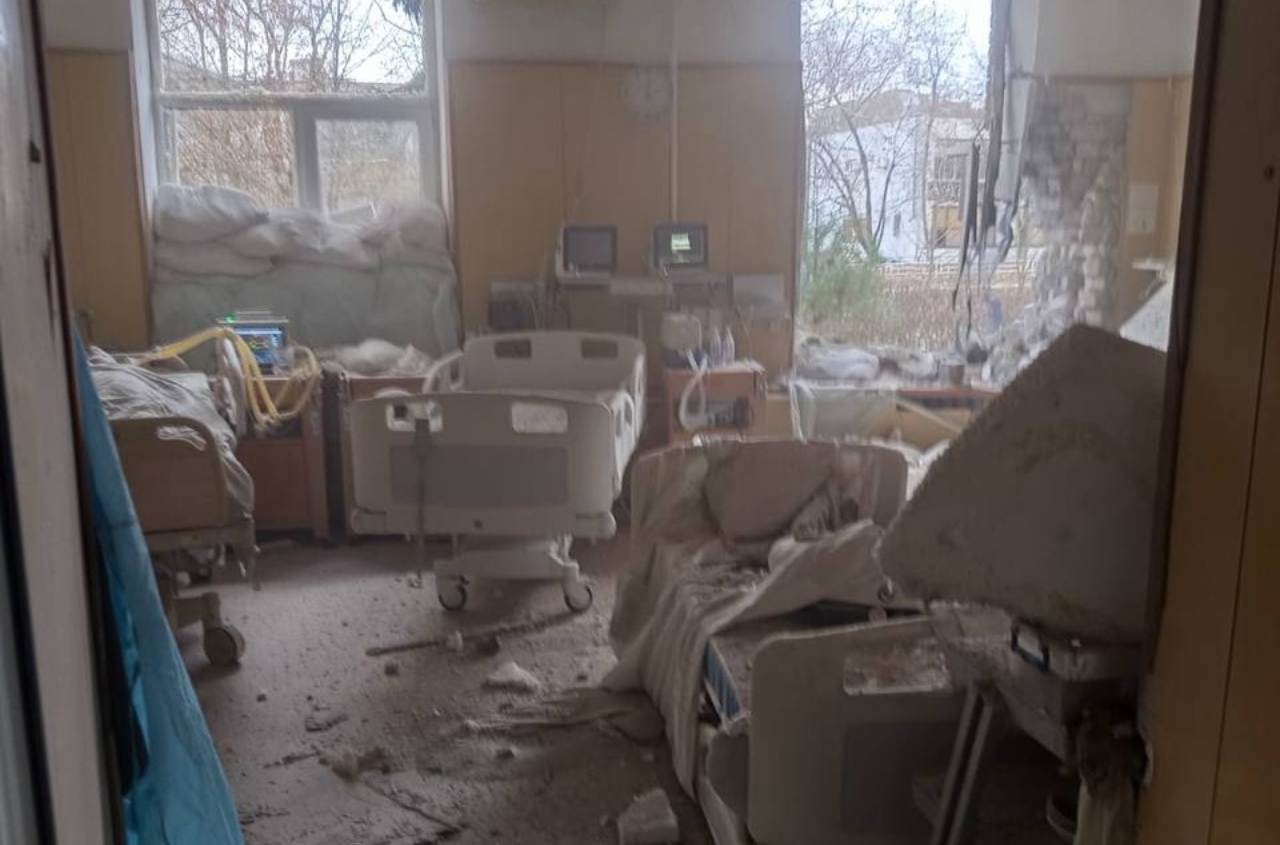According to a Russian Field survey, almost half of Russians support transitioning to peaceful negotiations in the war with Ukraine, while slightly over a third oppose it. Additionally, the majority of respondents would not support a second wave of mobilization, even if announced by Putin.
For peace. Slightly less than half of Russians (48%) believe that the Kremlin should transition to peaceful negotiations in the conflict with Ukraine. This is the highest percentage of such responses since spring 2022 when the war began. Against peaceful negotiations and in favor of continuing the 'special operation,' 39% of respondents are in opposition. These findings are based on a survey conducted by the Russian Field company from October 21 to 29 among 1611 Russians, as reported by Vyorstka.
For peace negotiations, women and respondents under the age of 45 were more likely to express support, while men and individuals over this age were more inclined to favor the continuation of the war. Judging by responses to other survey questions, women generally opted for more peaceful options compared to men. The respondents' opinions are also influenced by who initiates peace talks. Only 18% of Russians would not support them if the decision comes from Vladimir Putin, according to the survey.
However, the majority of respondents, 66%, expressed support for maintaining the current positions in the war. Additionally, 60% stated that they would support offensive actions, while only 32% were ready to endorse troop withdrawal.
Respondents were also asked about the conditions under which they would be willing to support peace between Russia and Ukraine. The most frequently mentioned conditions were the cessation of human casualties (10%), recognition of the Donetsk People's Republic (DPR) and Luhansk People's Republic (LPR) as part of Russia (9%), recognition of the Kherson and Zaporizhzhia regions as part of Russia (7%), annexation of other territories, and Ukraine's surrender (each mentioned by 6% of respondents). Other responses included the recognition of Crimea as Russian territory, the annexation of the entire Ukraine, Kyiv's refusal to join NATO, and so on.
A previous survey on a similar topic conducted by the Levada Center showed that 70% of Russians would support ending the war if such a decision were made by Putin. However, only half as many people (34%) would agree to peace if the president returned the annexed Ukrainian territories.
According to the survey, more than half of Russians (58%) would not support the implementation of a second wave of mobilization, while less than a third (32%) would support it. The responses of the respondents are also influenced by who would announce the possibility of a wave. For example, the proportion of those who would support it increases slightly if the president makes such a decision. However, more than half of those surveyed (53%) would still not support it. On the contrary, 38% would support mobilization if Putin announced it.
Similar to the question about peace talks, men and the older generation more often support a second wave of mobilization. When asked about emotions, 61% of respondents said they would experience negative emotions if a second wave were announced. Another 18% would take this information calmly, and 8% positively.
According to political scientist Konstantin Kalachyov, men are generally more inclined to support militant and aggressive initiatives. 'Brutality, masculinity, and so on, but people often say one thing, think another, and do a third. The topic of general mobilization has disappeared from the agenda, so respondents of the male gender do not see themselves on the front lines in the coming days,' he noted.
The expert also suggested that the predominance of peaceful sentiments among women is related to the fact that they feel the negative consequences of the prolonged war more acutely than men. 'Women worry about their men, women usually are not characterized by bloodthirstiness, they are more practical and see the domestic costs of prolonging the conflict,' Kalachyov added.
Among those surveyed by Russian Field, the majority (65%) still believe that Russia is moving in the right direction. However, this figure has decreased by 8% compared to June data. In turn, 21% of Russians think that things in the country are going wrong. Also, 56% believe that the war in Ukraine is proceeding successfully for Russia, while 25% are confident that this is not the case. The number of those dissatisfied with the course of the 'special operation' has also increased since June—by 4%





















